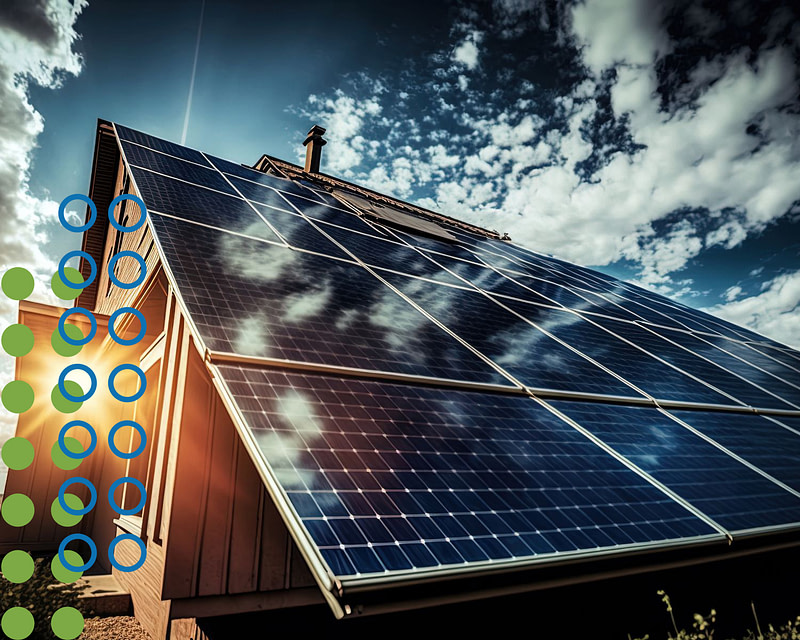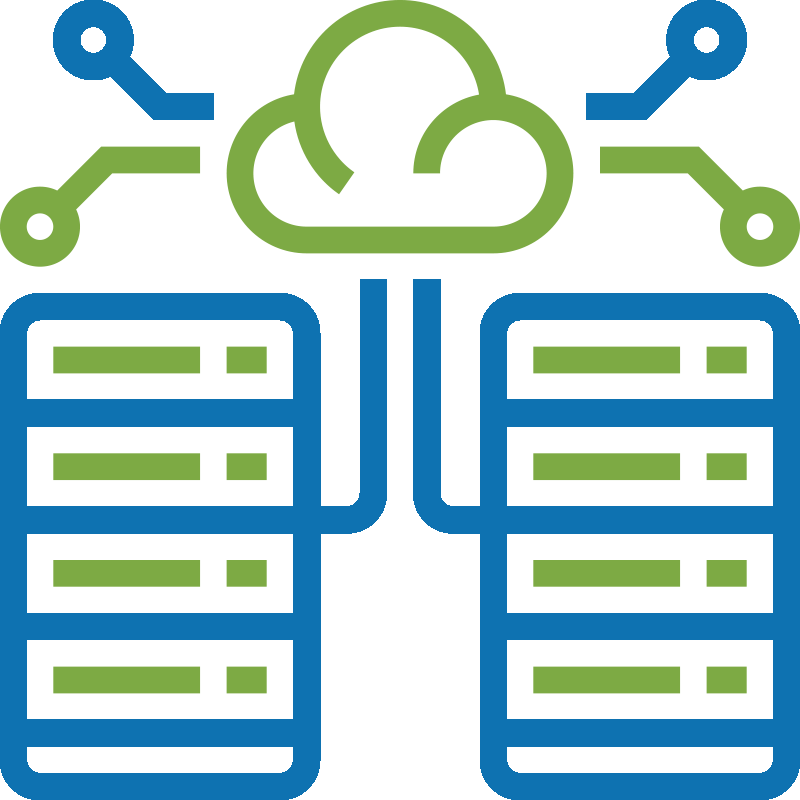Power + Heating and/or Chilling = Cogeneration
How Does Distributed Generation Work?
Lightfoot Energy systems are combined heat & power (CHP systems) used for distributed generation.
The Lightfoot Cogeneration Platform features:
Lightfoot Energy can develop any size CHP project. From small micro-CHP platforms to large multi-megawatt systems.
Lower energy costs as much as 10%-65% annually.

Distributed Generation using Combined Heat & Power Systems = 3X more efficient
How Combined Heat and Power Systems Work
A reciprocating engine runs a generator that produces electricity. Hot water from the engine jacket and exhaust gas heat are then recovered through an exhaust gas heat exchanger and utilized for hot water. This hot water can be used for heating and/or cooling.
If steam is required, the exhaust gas heat exchanger is removed, and the exhaust gases from the combustion process are diverted into a steam generator. The hot water from the engine jacket can be either be used to pre-heat condensate return, or for lower-temperature hot water applications.
The Lightfoot Cogeneration Platform Features
- Reliable & Resilient
- Continuous power protected from utility cost fluctuations
- Low Cost
- Lightfoot Energy designs, builds and installs systems from 60KW to 3MW
Why Use Combined Heat and Power-based distributed generation for your facility?

Lower Energy Costs
Traditional utility escalators are as high as 3% annually. Lightfoot Energy Solutions CHP systems provide the opportunity to save 20%-40% by lowering and fix-rating your energy costs.
Lower Emissions
Be part of the global movement for cleaner, more efficient energy sources. Power, heat and cooling from Lightfoot Energy Solutions CHP systems are up to 89% efficient compared with a typical electric power plant at 26% efficiency. That means a smaller carbon footprint for the same amount of power, heat & cooling. CHP will play an integral role in the transition to all electric over the next 25-40 years.

Grid Independence
More resilient to extreme weather than the electrical grid. Also beneficial as many utilities are subject to PSPS (public safety planned shutdowns) and rolling brownouts during for fire safety and for capacity issues respectively.

Government Incentives
Many CHP projects will be eligible for state/federal incentive programs and/or tax benefits. We can help you determine your eligibility.
Why not use Cogen Everywhere?
The amount of electrical produced by the cogen unit needs to be balanced by utilization of the thermal heat produced. Using the thermal heat produced is the key to a successful co-generation plant. Unscrupulous CHP firms may recommend larger than optimal systems to make more money. Lightfoot only recommends and designs correctly-sized systems.
Applications for Lightfoot Energy Cogeneration

Manufacturing

Multi-Unit Residential

Data Centers

Hotels

Healthcare Providers
The Lightfoot Energy Solutions Process
The Design Process
The Design Process
The Installation Process
The Installation Process
Ongoing Maintenance
Ongoing Maintenance
How Do I Know if Cogen is for Me?
Lightfoot Energy will conduct a detailed energy usage analysis to determine if cogen is applicable. Additionally, you may be able to further increase your savings by taking advantage of tax benefits or government and utility subsidies that may be available.